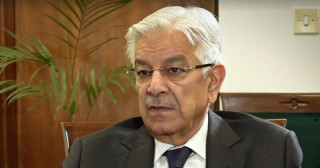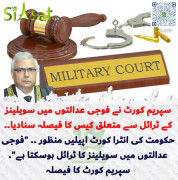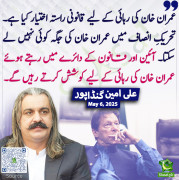alimohsan52
Chief Minister (5k+ posts)

Source of the above quote: [HI]Mar. 7, 1908 (Reference: CWMG, Vol VIII, pp. 135-136)[/HI]
Mohandas Gandhi was a virulent racist.
In 1904, Gandhi founded The Indian Opinion, a newspaper which he used as a political tool to promote his personal views. It is in this paper, which Gandhi edited until 1914, that we find a record of his extensive anti-black activism and opinions. A list of anti-black quotes from his writings, in which [HI]he invariably refers to the South African natives as Kaffirs.[/HI] Gandhi's opinion of the native is best summarized when he calls them people whose occupation is hunting, and whose sole ambition is to collect a certain number of cattle to buy a wife with and, then, pass his life in indolence and nakedness.










































